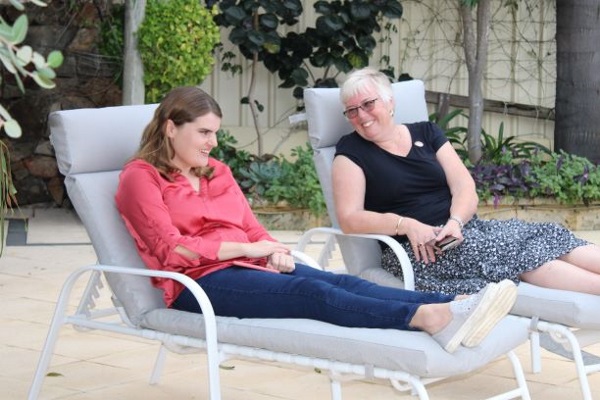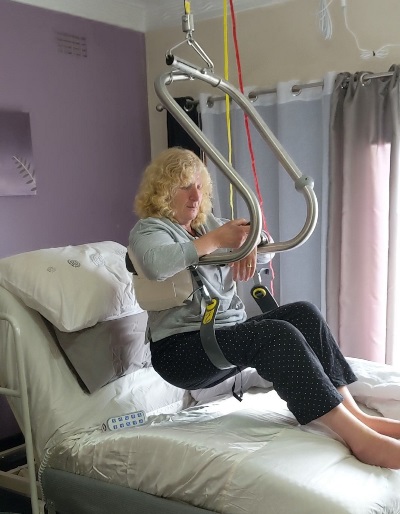We're not falling for April Falls Month
- Neither should you
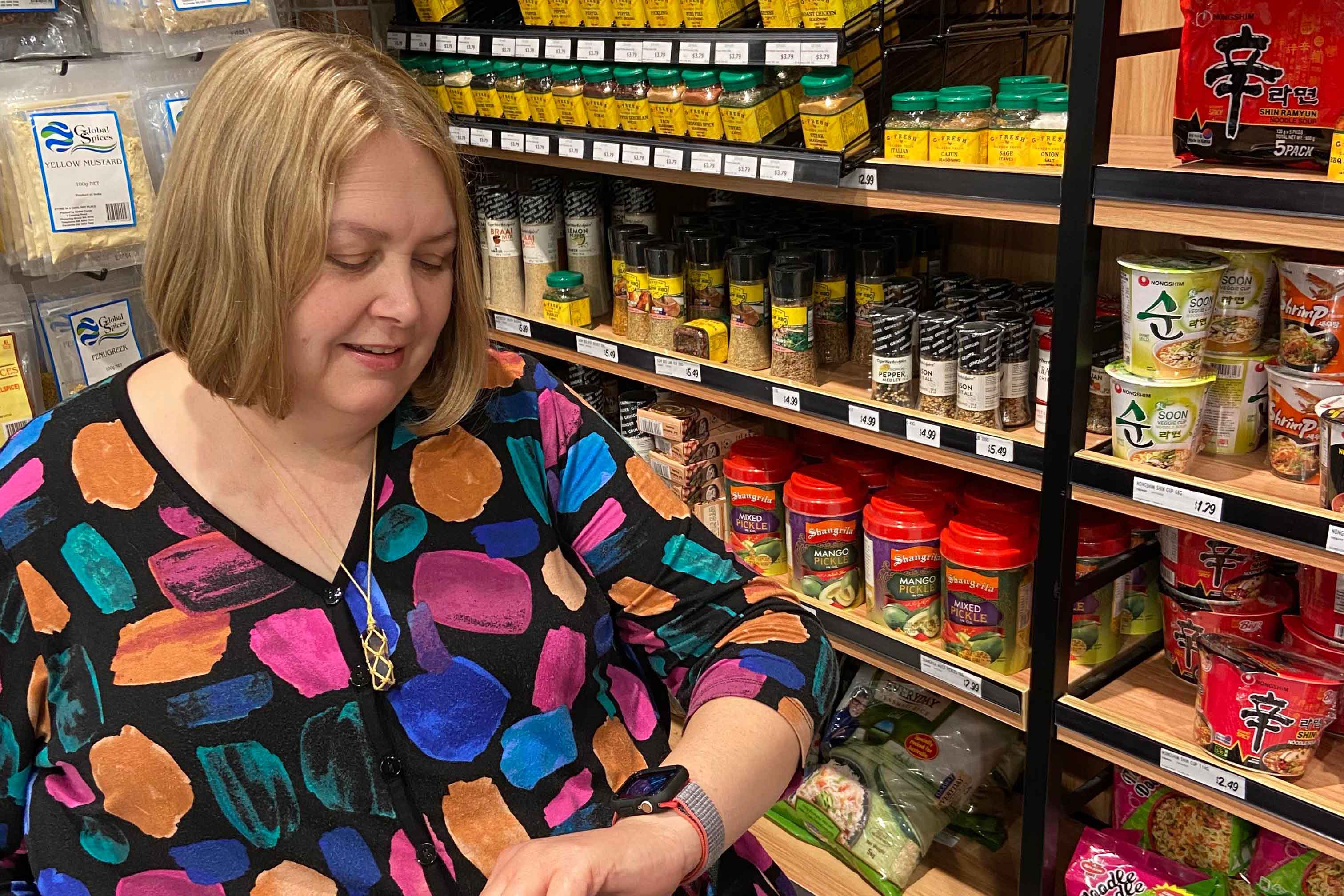
Anyone can be susceptible to having a fall regardless of age. Experiencing a fall can significantly impact our emotional and physical wellbeing affecting how confidently and independently we navigate the world around us.
Assistive technology (AT) supports us in many areas of our lives and April Falls Month gave us the opportunity to ask our community of AT users how they manage the risk of having a fall.
Bob’s comment brought into sharp focus the importance of sharing the tools and strategies people use to keep themselves safe.
“After attending an evening with Dr. Michael Mosley, one of the many things Dr. Mosley said, the one that surprised me most, was that falls were the second leading cause of accidental death worldwide. I thought, that can't be right and thought I'd fact-check it when I got home. The World Health Organisation says that is the case”.
It was no surprise that the community shared a range of AT and strategies to keep themselves safe from falls. From smart technology and home modifications to strengthening exercise programs to help improve balance and coordination. We were not surprised at the wealth of knowledge and lived experience that was generously shared.
The importance of recognising and addressing potential hazards around the home or outdoors such as loose rugs, and uneven ground, as well as how to get back up from a fall was a recurrent theme. Andrew shared; “At our amputee (lower limb) walking group we have started to practice getting on the ground and then getting back up. Getting down is the easy part. Need to work more on the getting up. The trick is to use the prosthetic as a stabiliser and push up through it.
Trust me, it is harder than it sounds. For all the amputees among us, I do recommend practicing this because you are probably going to fall or trip at some stage”.
.jpg?sfvrsn=dbb171f0_0&MaxWidth=340&MaxHeight=350&ScaleUp=false&Quality=High&Method=ResizeFitToAreaArguments&Signature=ED9A91DB22836B9F7CFC1415C4C18AD9C822C39D) Innovative as always; feedback about the use of ‘dognology’ by both Lucy and Karen showed that their dogs play important roles in falls assistance. Lucy said that “I have trained my dog to stand so I can use her to get myself back up off the ground. So much easier than crawling around to find something to drag myself up on. I have trained her to do all sorts of things and have had her assessed. She is now a card-carrying assistance dog”.
Innovative as always; feedback about the use of ‘dognology’ by both Lucy and Karen showed that their dogs play important roles in falls assistance. Lucy said that “I have trained my dog to stand so I can use her to get myself back up off the ground. So much easier than crawling around to find something to drag myself up on. I have trained her to do all sorts of things and have had her assessed. She is now a card-carrying assistance dog”.
Karen, who uses a wheelchair shared the strategies and smart technologies that helps keep her safe; “I don’t have rugs where I need to transfer. I also wear sensible shoes for transfers or no shoes at all. If I do fall, I try to crawl to a chair, bed, or something to pull myself up with; my little dog will lick me to death if I’m on the floor too long haha”. 😆
“I’ve had great success with my Apple Watch in regard to falls alarm. I use it to call my neighbours, support workers, ambulance, or friends for assistance. I also love that I can ask my watch to call people, reminders, alerts etc. I couldn’t live without it.
Previously, I had a duress alarm that would hang around my neck. Due to the way I transfer, it would swing and go off all the time, disturbing my neighbours unnecessarily. Life is much easier with the Apple Watch. I couldn’t live without it”.
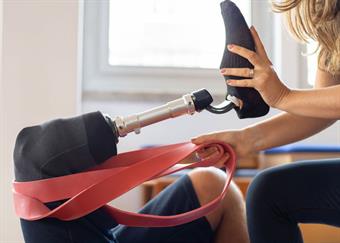 Belinda’s strategy combines both technology and exercise. “I have been doing Pilates which has helped amazingly with leg strength and limited the amount my leg collapses, therefore avoiding falls. My Apple Watch is also great”.
Belinda’s strategy combines both technology and exercise. “I have been doing Pilates which has helped amazingly with leg strength and limited the amount my leg collapses, therefore avoiding falls. My Apple Watch is also great”.
Experienced AT user Nerine said she uses an app called Clock Yourself, “it's commonly used in neuro-rehabilitation and is great for a whole range of things including movement initiation, cognition and... balance 😊.
At its simplest, it's like playing the electronic ‘Simon Says’ game with your feet (or your hands). Then you can move to a clock face or symbols, arithmetic, language... best of all, it's free and there's no ads”.
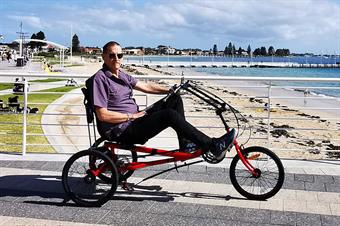 Ian also shared how using AT helps him feel safer and more active; “I have a collapsible walking stick that I keep in the carrier of my recumbent trike. I accept that I need assistance on some days and that I feel safer and more active when I use it. It helps me walk longer distances and to keep my balance when walking on uneven ground.
Ian also shared how using AT helps him feel safer and more active; “I have a collapsible walking stick that I keep in the carrier of my recumbent trike. I accept that I need assistance on some days and that I feel safer and more active when I use it. It helps me walk longer distances and to keep my balance when walking on uneven ground.
Avoiding falls is crucial for me as a previous fall triggered a heart attack. As my health issues increasingly affect my balance, I am more aware of the necessity of falls avoidance".
Home modifications and adjustments were also highlighted as ways to prevent falls; “I got my OT to help me to rearrange my routines and objects, so I didn't have to bob down to get anything, which GREATLY reduced my fall risk at one time,” said Ricky.
“I also have two vertical grab rails installed in two places where I had past falls, so if I do fall again, I can get myself back up with their help. This helped with confidence as well”.
There are a range of articles and resources available on the internet to help you learn more about managing falls including this one shared by an AT Chatter saying “this will get you thinking outside the box”- ‘How to get up from the floor (after a fall) – MacGyver style!’
Many thanks to our AT Chatterbox community members for giving us the opportunity to share your lived experiences with the wider community. As the consequences of falling can be serious, prevention is the key to not falling for ‘April Falls Month’.
If you would like to join your peers for an AT chat for more information, experiences, and ideas around the topic of assistive technology, please follow this link to join our on-line AT Chatterbox community.
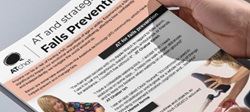
Download the information sheet 'AT and strategies for falls prevention' here to share with your friends and colleagues.

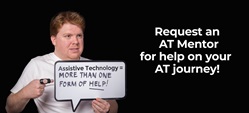
-(1).png?sfvrsn=aa066fd8_2&size=400)
